Dealing with financial difficulties can be overwhelming, and you might be wondering if filing for Chapter 13 bankruptcy is worth it. The answer to this question depends on your unique financial situation and goals. In this article, we will explore the benefits and drawbacks of Chapter 13 bankruptcy to help you make an informed decision.
What is Chapter 13 Bankruptcy?
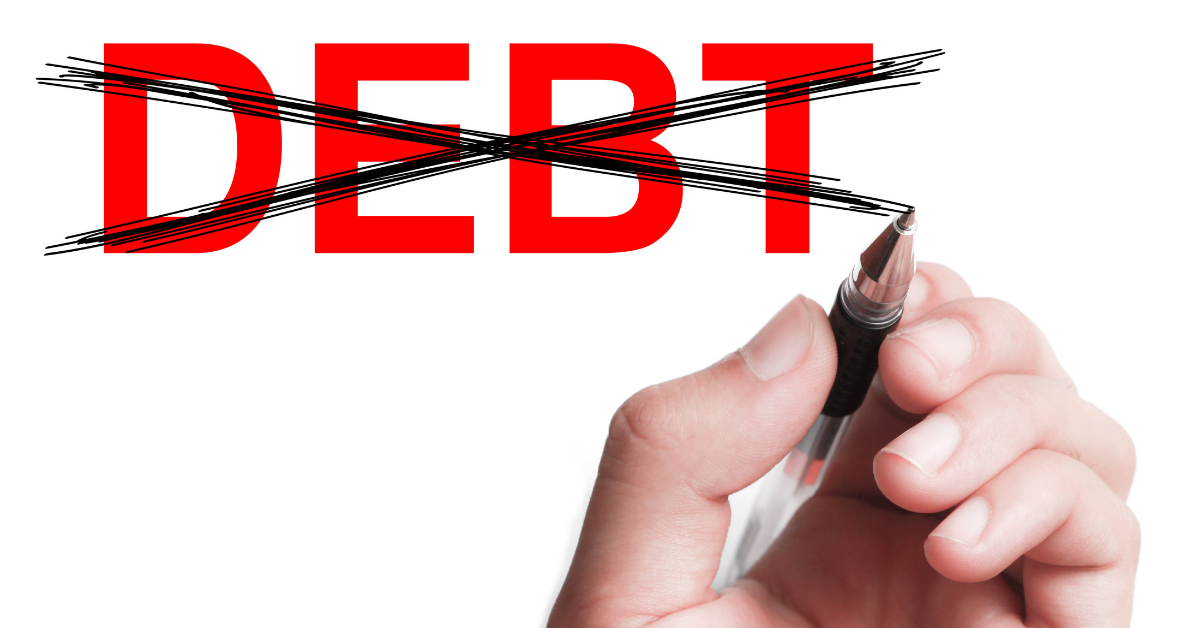
Chapter 13 bankruptcy, also known as a wage earner’s plan, is designed for individuals with regular income who need a structured repayment plan to address their debts. It allows debtors to keep their property while repaying their debts over a period of three to five years. The repayment plan is based on the debtor’s disposable income or the liquidation value of non-exempt assets.
Some of the key benefits of Chapter 13 bankruptcy include the ability to stop foreclosure proceedings, catch up on missed mortgage or car loan payments, and manage student loan debt. To qualify for Chapter 13, debtors must have regular income, and their secured and unsecured debts must not exceed $2.75 million.
The Benefits of Chapter 13 Bankruptcy

There are several advantages to filing for Chapter 13 bankruptcy, which may make it worth considering for some individuals:
- Protection of Property: Unlike Chapter 7 bankruptcy, which involves liquidating assets to repay creditors, Chapter 13 allows you to keep your property while repaying your debts through a court-approved repayment plan.
- Stopping Foreclosure: Filing for Chapter 13 can halt foreclosure proceedings on your home, giving you the opportunity to catch up on missed mortgage payments and avoid losing your property.
- Managing Student Loan Debt: Although student loan debt is generally not dischargeable in bankruptcy, Chapter 13 can help you manage your student loan payments by incorporating them into your repayment plan.
- Cramdowns: Chapter 13 allows for the reduction of principal balances on certain secured debts, such as car loans, through a process called cramdown. This can result in lower monthly payments and potentially save you money.
- Co-signer Protection: If you have co-signed loans or joint credit accounts, Chapter 13 can protect your co-signers from collection actions while you work through your repayment plan.
Making the Decision: Is Chapter 13 Worth It for You?
Ultimately, the decision to file for Chapter 13 bankruptcy will depend on your unique financial circumstances and goals. If you have a regular income and can commit to a repayment plan, Chapter 13 may be worth considering as a way to address your debts and protect your property.
Before making any decisions, it’s essential to consult with an experienced bankruptcy attorney who can help you evaluate your options and determine if Chapter 13 is the right choice for you. By working with a knowledgeable attorney, you can develop a strategy to overcome your financial difficulties and move toward a brighter future.
Understanding Secured and Unsecured Debts in Chapter 13
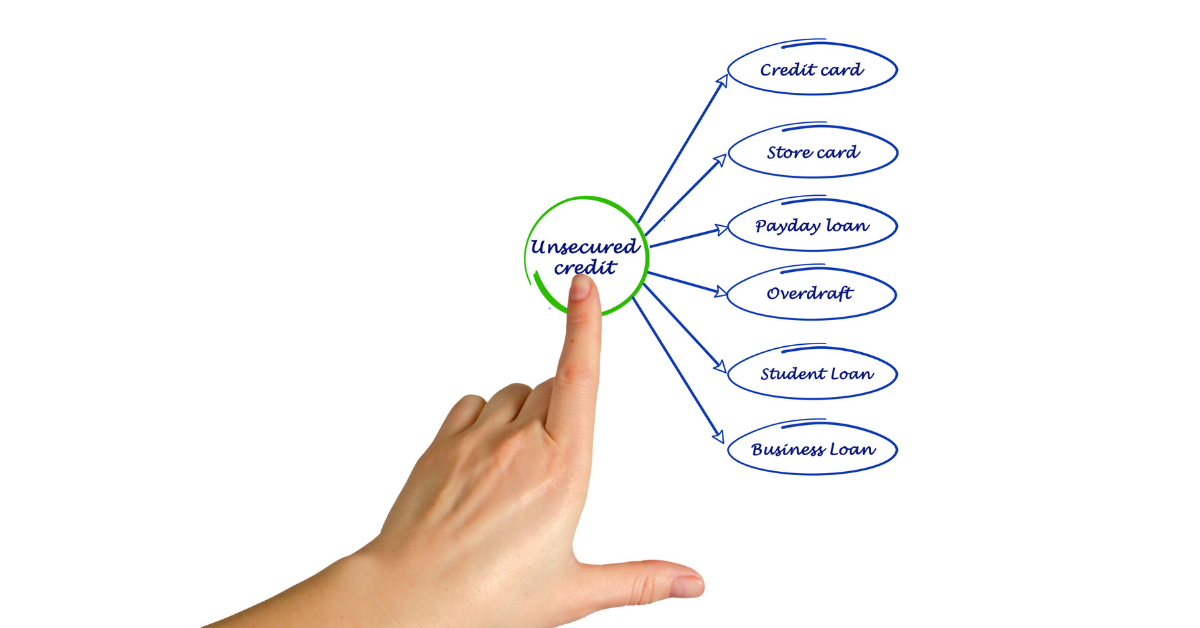
Debts are typically categorized as either secured or unsecured. Secured debts are those that are backed by collateral, such as a mortgage or car loan. Unsecured debts, on the other hand, are not tied to any specific asset and include credit card debt, medical bills, and personal loans.
In a Chapter 13 bankruptcy, secured and unsecured debts are treated differently. Secured debts must be paid in full through the repayment plan, while unsecured debts may be partially paid or discharged entirely, depending on the debtor’s disposable income and the value of their non-exempt assets.
Secured creditors have the right to repossess or foreclose on the collateral if the debtor fails to make the required payments. However, Chapter 13 offers several options for addressing secured debts, such as catching up on missed payments, modifying loan terms, or surrendering the collateral in exchange for a discharge of the debt.
Unsecured creditors generally receive a percentage of what they are owed, based on the debtor’s ability to pay. This percentage can vary widely, but it must be at least the value of the debtor’s non-exempt assets. Once the repayment plan is completed, any remaining balances on qualifying unsecured debts are discharged, providing the debtor with lasting debt relief.
Rebuilding Your Credit After Chapter 13 Bankruptcy

A common concern for those considering bankruptcy is the impact on their credit report. It’s true that a Chapter 13 bankruptcy filing will remain on your credit report for up to ten years. However, this doesn’t mean that your credit score will be damaged forever. In fact, many individuals find that their credit score improves after filing bankruptcy, provided they follow the correct recommendations.
During the Chapter 13 repayment plan, debtors can begin rebuilding their credit by making timely payments on their remaining debts, such as a mortgage, car loan, or student loan. Additionally, completing credit counseling and debtor education courses can provide valuable information on improving credit scores and developing better financial habits.
Once the repayment plan is completed and the bankruptcy is discharged, debtors can continue to rebuild their credit by obtaining new credit responsibly, such as a secured credit card or a small installment loan. By making timely payments on new credit and keeping balances low, debtors can demonstrate their commitment to responsible credit management and gradually improve their credit score over time.
It’s essential to monitor your credit report regularly and address any inaccuracies promptly. With time and consistent effort, your credit score can recover and even surpass its pre-bankruptcy level.
The Importance of an Experienced Bankruptcy Attorney
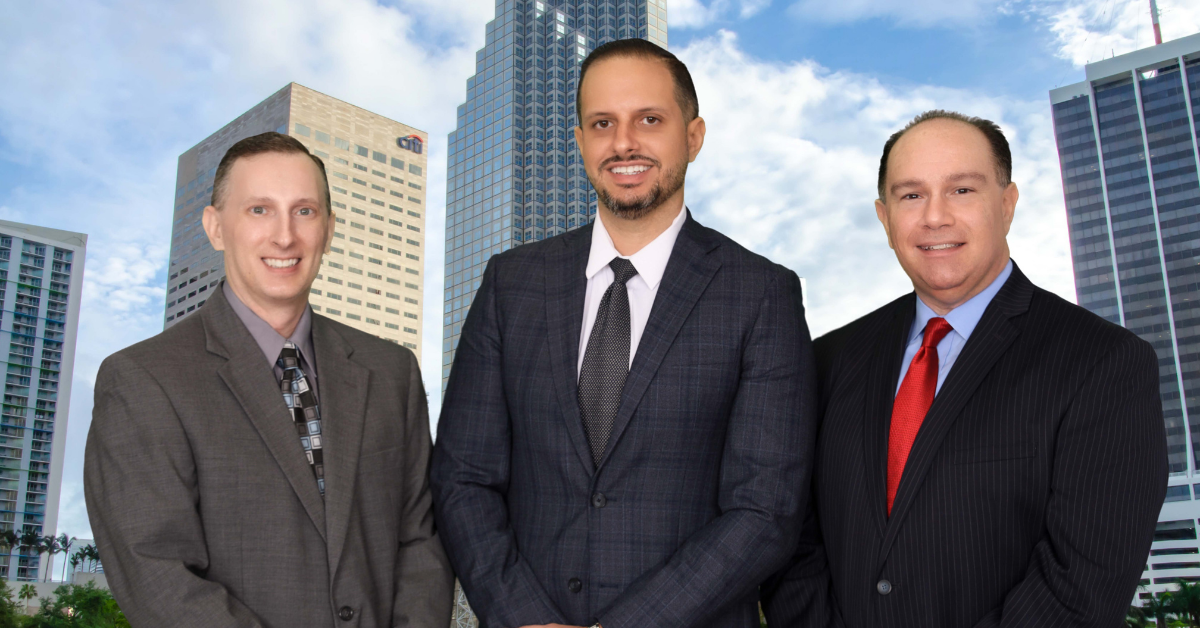
Navigating the complexities of Chapter 13 bankruptcy can be challenging without the guidance of an experienced bankruptcy attorney. A knowledgeable attorney can help you determine if Chapter 13 is the right option for your financial situation, develop a feasible repayment plan, and represent your interests in bankruptcy court.
An experienced bankruptcy attorney can also help you understand the specific bankruptcy laws and exemptions applicable in your state. For example, in Florida, debtors can use state-specific exemptions to protect their property during bankruptcy.
Moreover, an attorney can provide valuable advice on addressing secured and unsecured debts, managing student loan debt, and rebuilding your credit after bankruptcy. By working with a skilled bankruptcy attorney, you can ensure that you are making informed decisions throughout the bankruptcy process and maximizing your chances of achieving lasting debt relief.
Addressing Medical Bills in Chapter 13 Bankruptcy
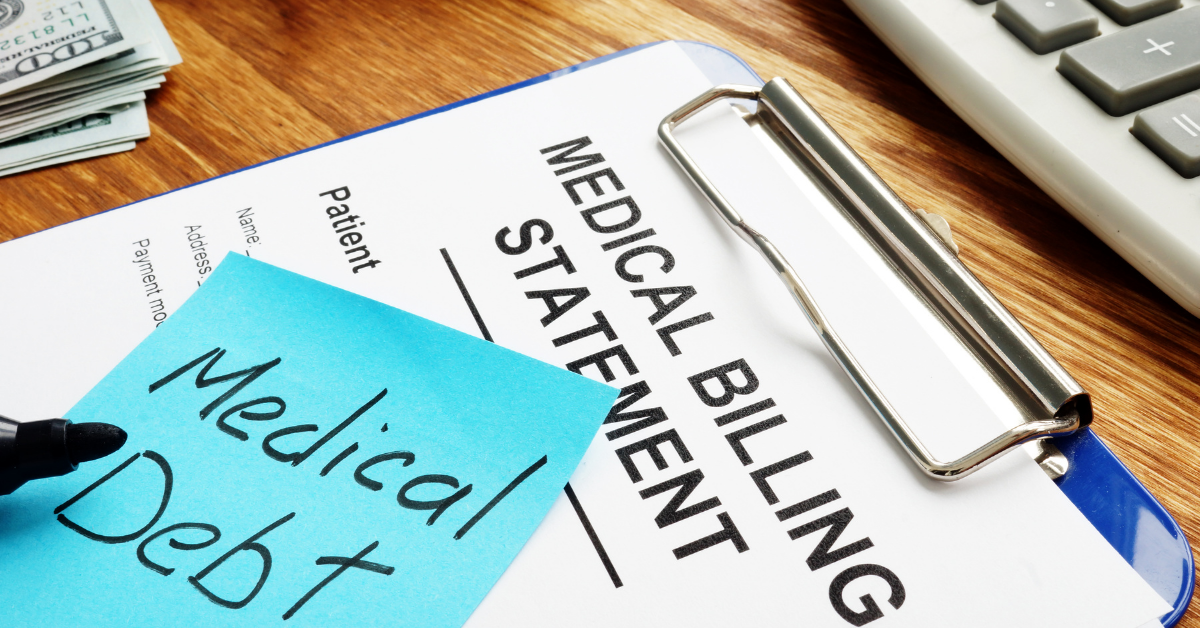
Medical bills are a common source of financial difficulties for many individuals, often leading to the need for bankruptcy relief. In a Chapter 13 bankruptcy, medical bills are considered unsecured debts, similar to credit card balances and personal loans.
During the repayment plan period, medical bills may be partially paid or discharged, depending on the debtor’s disposable income and non-exempt assets. This means that, upon successful completion of the Chapter 13 repayment plan, the remaining balances on medical bills may be discharged, providing lasting debt relief for the debtor.
It’s important to note that medical bills, like other unsecured debts, may not be paid in full through the Chapter 13 repayment plan. However, the bankruptcy process can provide significant financial relief by consolidating these debts into a single, manageable monthly payment and ultimately discharging the remaining balances upon completion of the plan.
By addressing medical bills through a Chapter 13 bankruptcy, debtors can regain control of their financial situation and work towards a brighter future free of overwhelming medical debt.
The Impact of Child Support and Domestic Support Obligations in Chapter 13
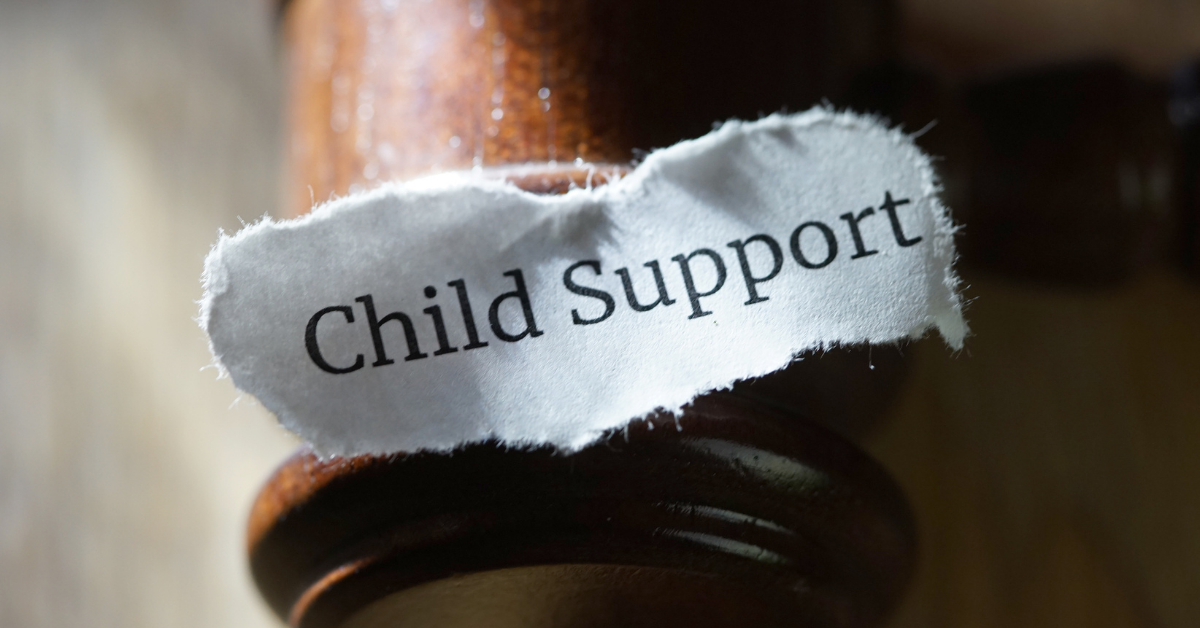
Child support and domestic support obligations, such as alimony, play a significant role in a Chapter 13 bankruptcy. These types of debts are considered priority debts, meaning they must be paid in full through the repayment plan.
In addition to making regular payments on these obligations, debtors must also ensure they are current on their ongoing child support or alimony payments throughout the duration of the Chapter 13 plan. Failure to maintain these payments can lead to the dismissal of the bankruptcy case or the conversion to a Chapter 7 bankruptcy, which may not provide the same level of financial relief.
Child support and domestic support obligations are non-dischargeable in bankruptcy, meaning they will not be eliminated upon the completion of the repayment plan. However, addressing these priority debts through a Chapter 13 bankruptcy can help debtors manage their overall financial situation and prevent further legal actions, such as wage garnishments or bank levies, related to unpaid support obligations.
Is Chapter 13 Worth It? Frequently Asked Questions
We understand that deciding whether Chapter 13 bankruptcy is the right choice for you can be a complex and daunting process. To help you make an informed decision, we’ve compiled a list of frequently asked questions related to Chapter 13 bankruptcy and its potential benefits and drawbacks.
What is the difference between secured and unsecured debts in Chapter 13?
Secured debts are those backed by collateral, such as a mortgage or car loan. In a Chapter 13 bankruptcy, you must continue making payments on secured debts to retain the collateral. Unsecured debts, on the other hand, are not backed by collateral and include credit card debt, medical bills, and personal loans. In your repayment plan, you may be required to pay back only a portion of your unsecured debts, with the remaining balances potentially discharged upon successful completion of the plan.
How long does a Chapter 13 bankruptcy stay on my credit report?
A Chapter 13 bankruptcy will remain on your credit report for ten years from the filing date. However, as you make timely payments under your repayment plan and demonstrate responsible credit use, your credit score may gradually improve over time.
Can I keep my home and car in Chapter 13 bankruptcy?
Yes, Chapter 13 bankruptcy allows you to keep your home and car, provided you continue making payments on your mortgage and car loan. Additionally, Chapter 13 can help you catch up on missed mortgage payments and potentially remove a second mortgage or home equity loan through a process called lien stripping.
How much of my debt will I have to pay back in Chapter 13?
The amount you will have to pay back in Chapter 13 depends on your disposable income, the value of your non-exempt assets, and the type of debt you have. Priority debts, such as child support and certain tax debts, must be paid in full. Unsecured debts may be partially paid or discharged, depending on your financial situation and the terms of your repayment plan.
What happens if I cannot complete my Chapter 13 repayment plan?
If you are unable to complete your Chapter 13 repayment plan due to a change in your financial situation, you may be able to modify the plan, convert to a Chapter 7 bankruptcy, or request a hardship discharge. An experienced bankruptcy attorney can help you navigate these options and determine the best course of action for your circumstances.
Contact Us to Learn More About Chapter 13 Bankruptcy
If you’re considering Chapter 13 bankruptcy and have questions or concerns, our experienced bankruptcy attorneys at LSS Law are here to help. We offer a free consultation for personal bankruptcies (Chapters 7 and 13) to help you explore your options and determine the best path forward. To schedule your consultation, please contact us or call 954-466-0541. Together, we can help you remove the financial monkey from your back and open the door to a brighter future.






